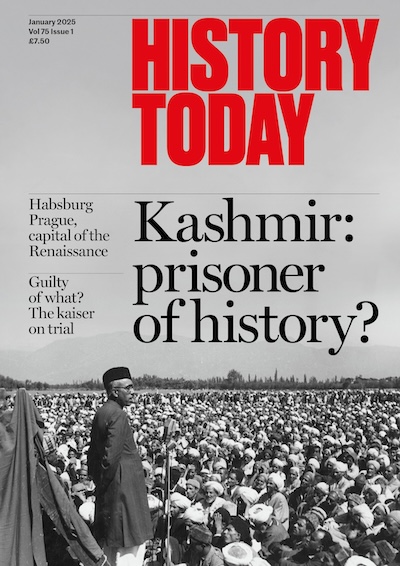Defence or Aggression?
Jeremy Black passes judgement on British foreign policy 1688-1815.
Foreign policy must be approached from a number of different angles, but one of the most important in this period was that of the national defence. Indeed, a stress on this point helps to overcome the somewhat artificial distinction between peacetime diplomacy and wartime planning and action. Much peacetime diplomacy was a preparation for, or more commonly, against war, while the exigencies and options of wartime planning arose in part from the successes, commitments and failures of earlier diplomacy. Britain was at or close to war for much of this period and her impact on the Continent was then felt most forcefully. It was also then that Britain's relations with her allies and enemies had their greatest impact on British politics and public debate, on her economy and society. Large numbers of men served in the armed forces, both the army and the navy. Many were sent abroad; but those who remained at home, both regulars and others specially mustered such as nearly 40,000 militia in 1778-9, still faced the threat of action. Large sums were raised in taxation, but war and military preparations still had to be 6nanced largely on credit.





